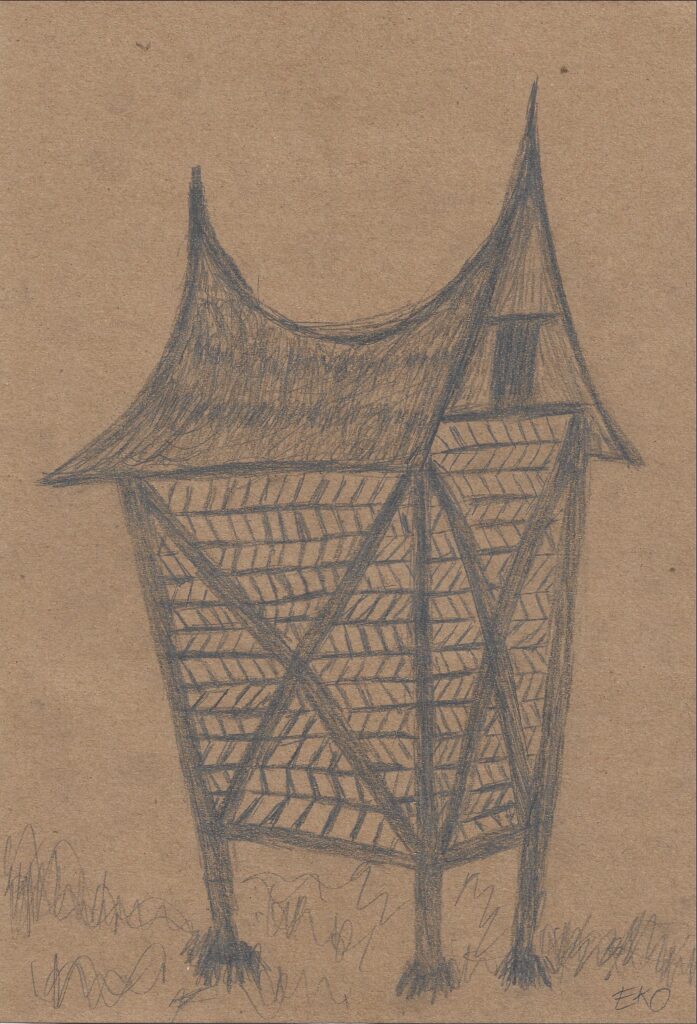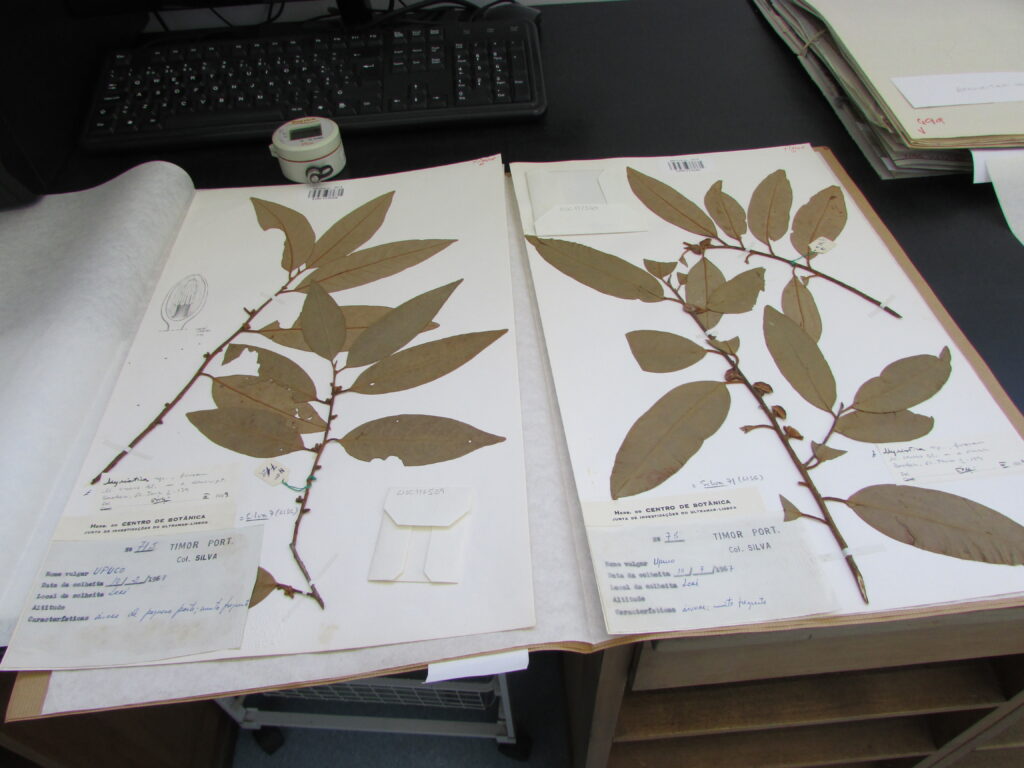Colonial histories have profoundly shaped how cultural artifacts have been displaced, preserved, and represented. Many of these objects often stripped of their original context and meaning. LICA Routes is an initiative artistic research project that investigates these questions by tracing the colonial trajectories of Indonesian artifacts now in European collections. The aim is not simply to recover lost contexts but to experiment with how an artistic practice and storytelling can reimagine new relationships between people, place, and object. And could digital technologies, if used with care, open new pathways for that engagement?
Yet digital access, on its own, can be deceptive. As Aiyegbusi notes, the structure of digital humanities often mirrors the very hierarchies it seeks to challenge. Western institutions maintain control over metadata and narrative authority, even in the act of “sharing.” Sadiah Boonstra and Caroline Drieënhuizen’s work reminds us that rethinking Indonesia’s cultural archive means confronting these imbalances head-on.
While digitization has made some of these objects more accessible, the reality is often fragmented. Archives are scattered across institutions, shaped by colonial systems of classification and control. For Indonesians seeking to engage with their own heritage, this scattered digital landscape can feel like another barrier rather than a bridge. Artistic interpretation is central to this approach. Selected artifacts become focal points for layered narratives that include oral histories, spiritual meanings, craft traditions, and contemporary reflections on absence.
Perhaps the archive isn’t only a place of preservation. It’s also a site of negotiation of what it means to lose, to remember, and to imagine return between histories, perspectives, and futures yet to be written.
ARTISTIC PROJECT:

2023
Minangkabau
Archives Example (Open Access API) generate from the
Europeana Gallery Collection















